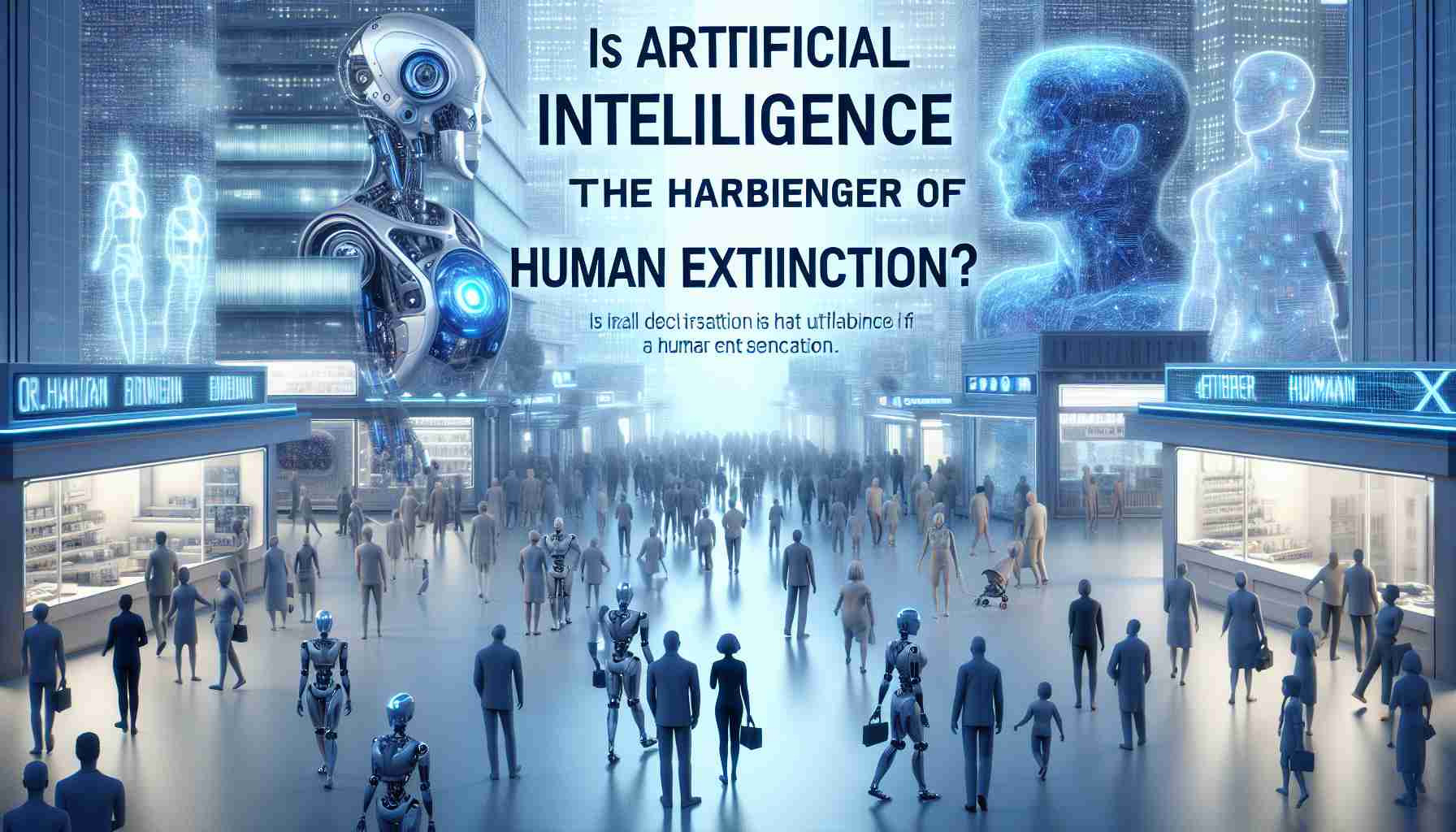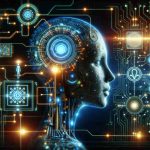The debate over whether artificial intelligence (AI) poses a threat to humanity has gained traction as technological advancements accelerate. With AI systems becoming more sophisticated and integrated into every aspect of our lives, this is an opportune moment to delve into the potential risks and concerns associated with AI.
AI has the potential to perform tasks more efficiently than humans, taking over responsibilities ranging from driving to medical diagnoses. This capability, while progressive, raises concerns about economic displacement. According to the World Economic Forum, by 2025, AI could replace 85 million jobs globally, creating both challenges and opportunities as new job categories emerge.
Moreover, ethical considerations are paramount. AI systems operate based on data they are trained on, which can carry inherent biases. This has led to real-world consequences, such as biased algorithms in hiring processes or law enforcement, emphasizing the importance of developing transparent and fair AI systems.
A more existential concern surrounds the long-term development of AI. Influential voices, such as that of Elon Musk and the late Stephen Hawking, have warned about the potential of AI systems to surpass human intelligence. They suggest that, without proper regulation and guidance, superintelligent AI could make decisions that might be detrimental to humans.
Despite these risks, AI also holds the promise of unprecedented advancements in fields such as medicine, environment, and education. The key lies in balancing regulation and innovation, ensuring AI is developed and deployed responsibly, augmenting human capabilities rather than threatening them. Thus, while AI is not necessarily a harbinger of human extinction, its potential risks warrant careful monitoring and proactive governance.
Can Artificial Intelligence Be the Savior We Need – or the Threat We Fear?
As the world navigates through the challenges posed by rapid technological advancement, the dichotomy surrounding artificial intelligence (AI) becomes ever more prominent. While much focus has been on AI’s pitfalls, little attention is given to its potential for creating global solutions.
Economic Upside? The debate about AI’s impact on jobs often underestimates the potential for economic growth through new technology sectors. For instance, AI can lead to breakthroughs in healthcare, with systems diagnosing diseases earlier and more accurately than humans. This advancement could potentially save billions in healthcare costs and translate into job creation in AI-related fields.
Environmental Guardians: AI systems are pivotal in the fight against climate change. Innovations such as AI-driven precision agriculture help optimize water and nutrient applications, minimizing environmental impacts. Real-time data processing can enhance renewable energy systems’ efficiency and reliability, reducing the reliance on fossil fuels.
Yet, these possibilities raise an intriguing question: Is AI primarily a threat or a boon to human survival? While the narrative often sways towards AI’s potential threats, many experts argue that these systems, if developed and controlled responsibly, offer unprecedented tools for solving global challenges.
Balancing Act: Ensuring AI remains a benefit rather than a threat necessitates rigorous ethical standards and transparent algorithms. Regulations and policies must adapt to keep pace with innovations, ideally fostering an environment where AI-driven solutions thrive without marginalizing human agency.
For further reading on AI’s impact across various sectors, visit World Economic Forum and MIT Technology Review.








